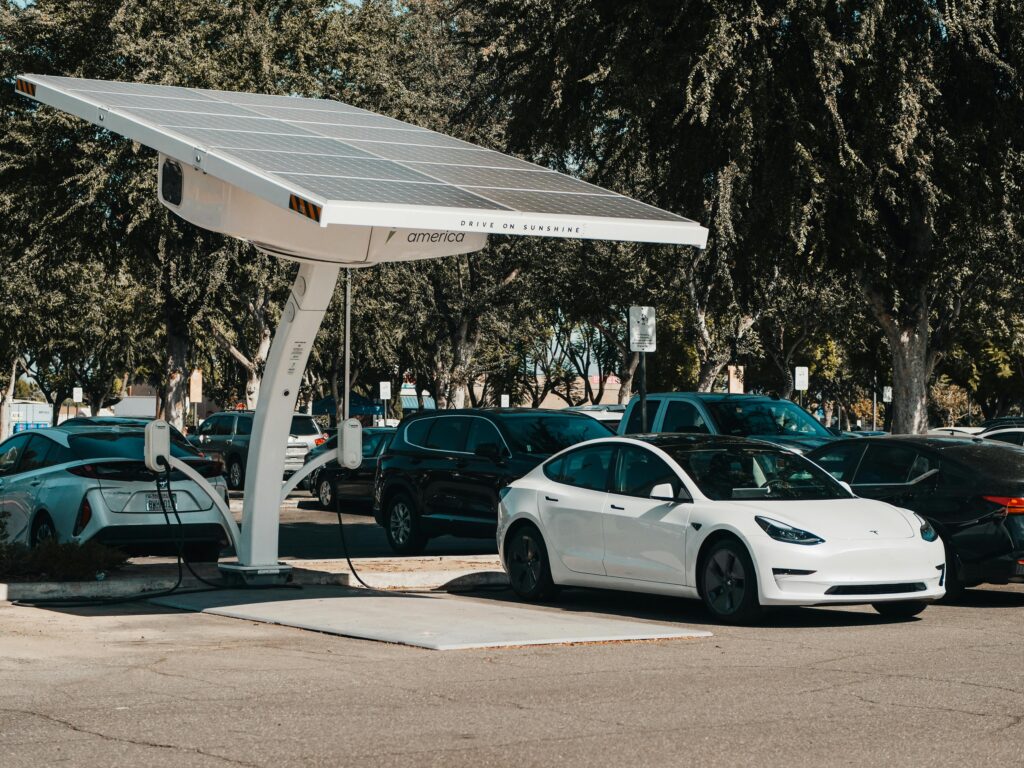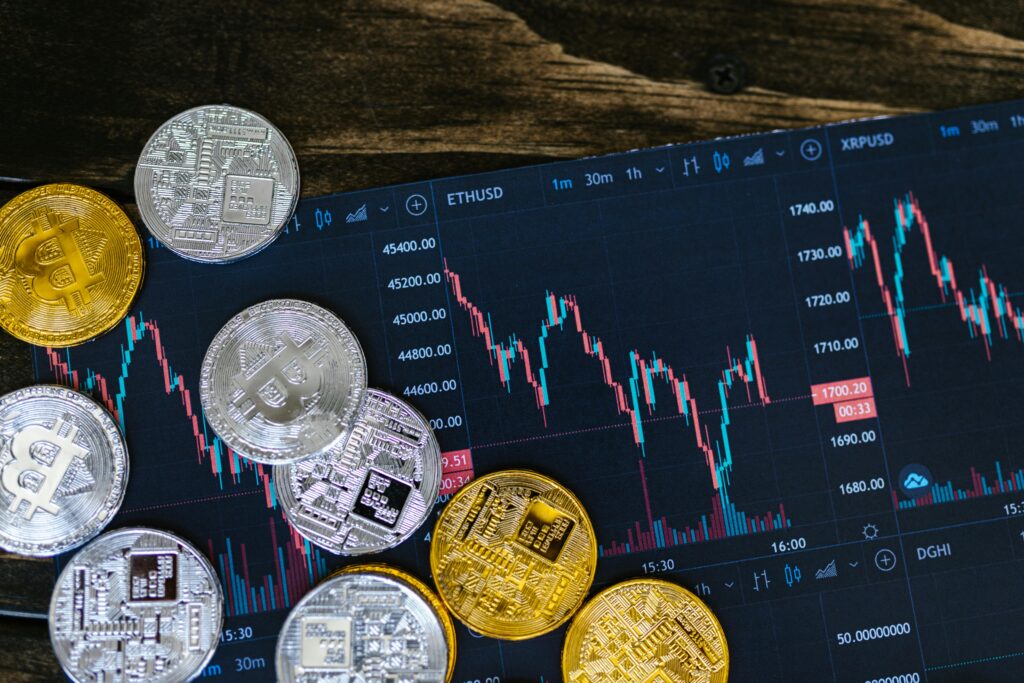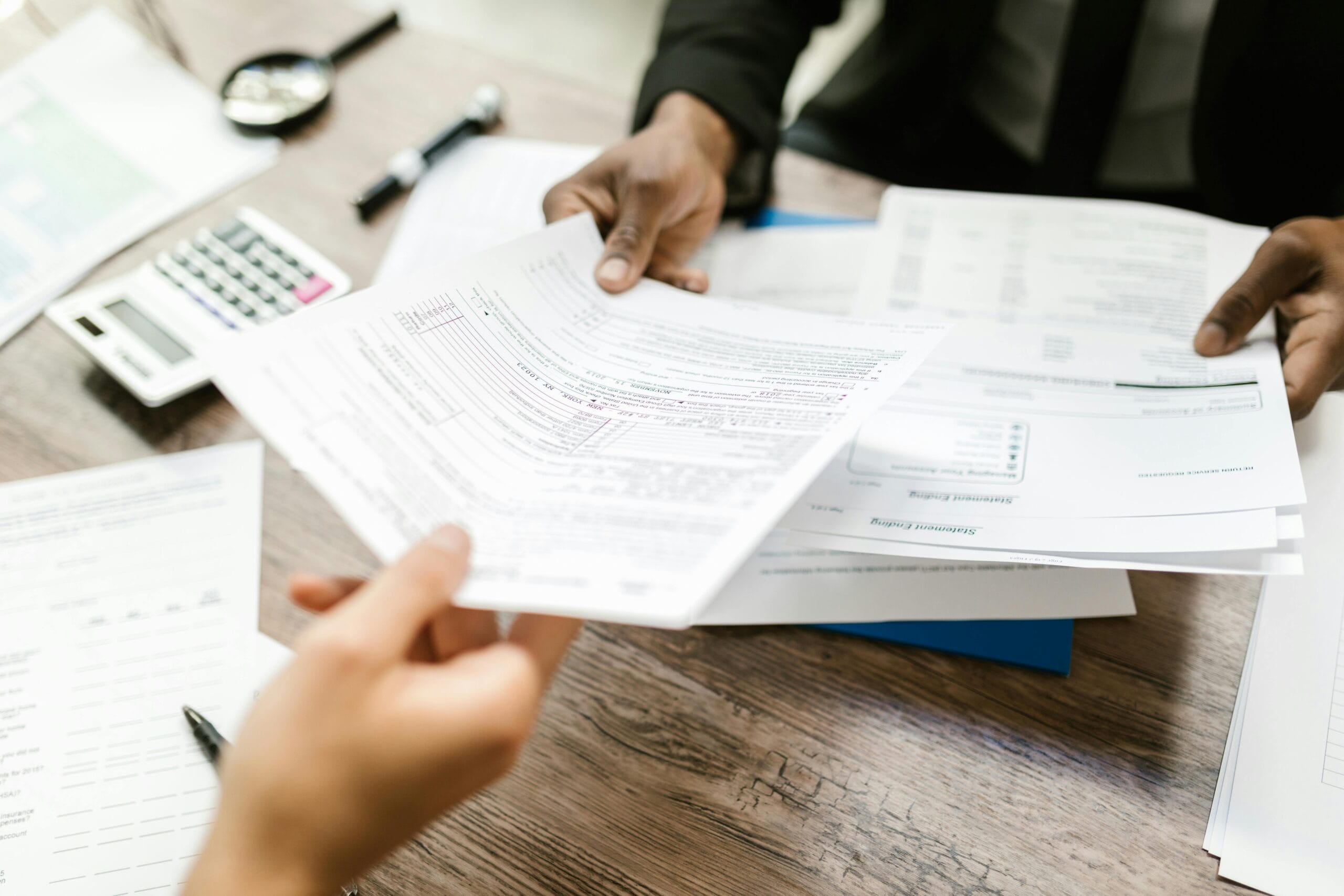Every week, the world brings us a whirlwind of events that reshape the landscape of politics, business, and technology. From historic decisions by global health bodies to game-changing updates in the EV space, here’s your human-friendly rundown of what’s truly worth knowing this week
🦠 A Global Pact to Prevent the Next Pandemic
In what many experts are calling a milestone for international health, the World Health Organization (WHO) has adopted its first legally binding pandemic treaty. This move comes after years of negotiations sparked by the COVID-19 crisis and its wide-reaching impacts.
The agreement was endorsed by 124 countries (none opposed, 11 abstained) and focuses on improving transparency, strengthening public health systems, and ensuring that vaccines and medicines are accessible globally—especially for poorer nations.
The UK and EU Try to Rebuild Post-Brexit Bridges
Back on the geopolitical front, the Financial Times reports that UK-EU relations are getting a much-needed reset.
Despite the dust settling on Brexit, issues like fishing rights, food safety regulations, and youth mobility remain contentious. That said, there are new efforts to establish joint security and defense partnerships, showing that the relationship is far from dead—just evolving.
If these talks bear fruit, we could see more fluid travel, trade, and cooperative defense strategies between Britain and its neighbors again. Not quite a “reunion,” but definitely a more civil coexistence.

Trump’s New Tax Plan Is Sparking Tension—Even Within the GOP
In the U.S., former President Donald Trump is pushing a massive tax reform bill aimed at bolstering economic growth. The bill includes tax relief for tips, overtime pay, and Social Security benefits.
But here’s the kicker: according to the Wall Street Journal, this plan could increase the national deficit by $3 trillion over the next decade—something many Republicans are uncomfortable with, especially fiscal conservatives.
Is it a bold economic revival strategy or a dangerous debt-raising maneuver? The debate is heating up fast, and this could shape the 2025 presidential race.
📈 Business Buzz: From EV Shakeups to Fashion Deals
The business world has been anything but quiet this week. Here are a few highlights:
- 🛠️ Home Depot says it will absorb costs from new tariffs instead of passing them on to customers, according to the Wall Street Journal.
- 👖 Levi Strauss is offloading its Dockers brand to Authentic Brands Group in a $311 million deal to refocus on core denim lines.
- 🚗 Honda is slashing $20 billion in planned electric vehicle investments, while Ford is stepping back from its EV strategy and letting Nissan use parts of its U.S. battery facilities.
- 💼 Tesla’s CFO, Vaibhav Taneja, made headlines with a record $139 million compensation package—raising eyebrows and some debate on executive pay.
These moves show a major pivot in EV strategy, likely due to slower-than-expected adoption. The era of hyper-aggressive EV growth may be leveling off as consumer demand recalibrates.
For those interested in a deeper dive into financial market trends and cryptocurrency highlights, check out The Global Money Pulse: Finance & Crypto Highlights You Need to Know.

🔋 China’s Battery Giant Eyes a Cobalt Comeback
Over in Africa and Asia, the cobalt game is heating up. CMOC Group, China’s top cobalt producer, is urging the Democratic Republic of Congo to lift its export ban on the metal, citing fears that long-term supply disruptions could lead manufacturers to abandon cobalt altogether.
As reported by Reuters, the DRC is mulling over stricter quotas or an extended ban to stabilize prices and keep more refining business at home.
💡 Why does this matter? Cobalt is essential for current-gen EV batteries. Any disruption here affects the entire global EV supply chain—and may even accelerate innovation toward cobalt-free alternatives.
🚚 CATL Bets Big on Electric Trucks
In another battery-related update, China’s CATL—a global battery powerhouse—is betting that half of all new trucks in China will be electric by 2028.
According to FT, CATL’s innovative “Number 75” battery can be swapped in under five minutes, making long-haul EV trucking far more feasible.
This could completely transform logistics and emissions in the world’s largest trucking market—and set a blueprint for other countries to follow.
🤖 US to Reverse AI Export Limits
The U.S. government is planning to reverse a key AI export restriction implemented during the Biden administration. The rule had previously aimed to limit the export of advanced AI chips to certain countries, especially China.

This rollback, highlighted in a recent Finviz market summary, has already boosted shares in chipmakers like NVIDIA and Intel, with Wall Street cheering the potential for renewed overseas demand.
📉 Whether this move will escalate geopolitical tensions around AI technology remains to be seen. But for now, it’s good news for chip stocks—and a potential concern for tech ethics advocates.
🌐 Final Thoughts: A Week That Moved the Needle
From pandemic preparedness to EV pivots, and tax plans to international trade resets, this week brought a slew of meaningful headlines. Some changes are evolutionary, others revolutionary—but they all shape how we live, work, and plan for the future.
To better grasp how these ongoing shifts might affect global finance and economic strategies, don’t miss the detailed analysis in Global Finance Pulse: Navigating the Shifting Tides – May 2025.




